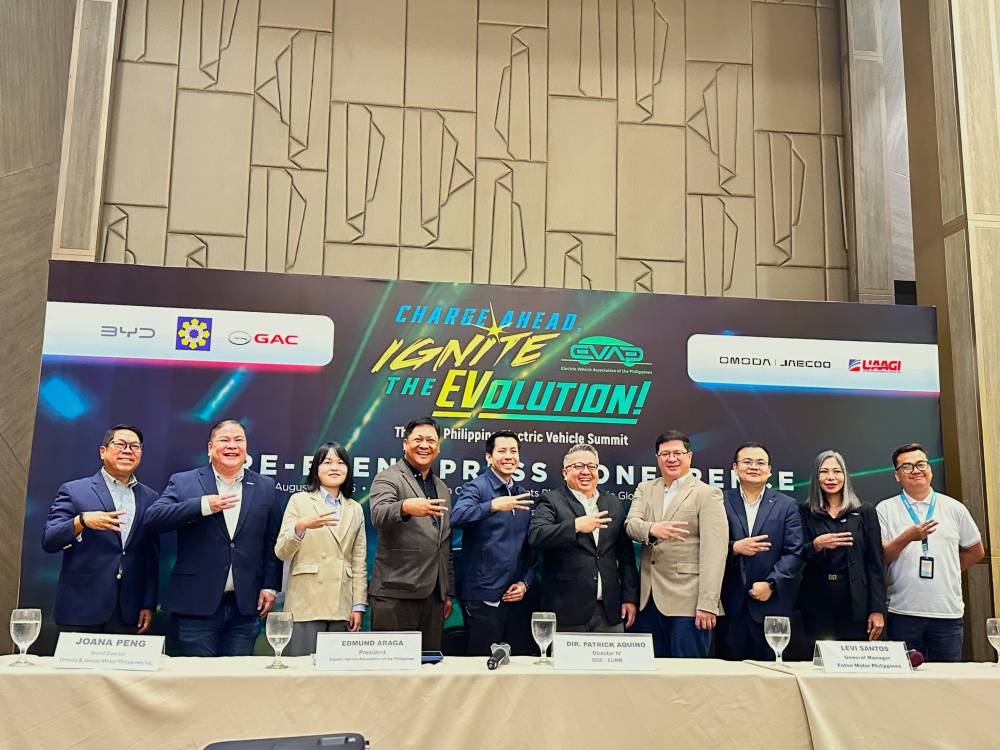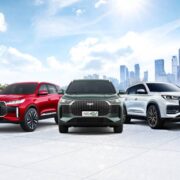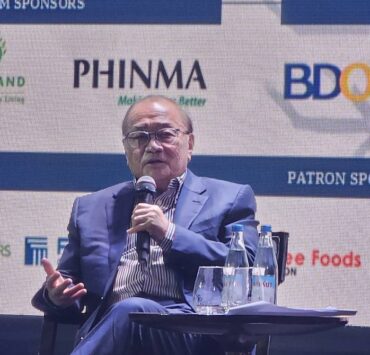13th Philippine Electric Vehicle Summit slated Oct. 23-25

If you want to discover more about the country’s fast-growing electric-vehicle (EV) segment, you can head over to the SMX Convention Center in Pasay City this Oct. 23 to 25.
The Electric Vehicle Association of the Philippines (EVAP) will conduct the 13th Philippine Electric Vehicle Summit (PEVS) as EV adoption ramps up nationwide following the passage of EV-focused legislation.
These include Republic Act 11697 or the “Electric Vehicle Industry Development Act” and Executive Order No. 12 – the latter grants zero import duties to four-wheeled battery EVs and their components until 2028 and was later expanded to two-wheeled and three-wheeled EVs, along with hybrid EVs.
“The EV sector is unstoppable,” said EVAP president Edmund Araga in a press statement.
“There are more productive and insightful discussions plus a grand showcase of the latest innovations, industry collaborations, and new EV models coming at this year’s PEVS, with the theme ‘Charge Ahead, Ignite the Evolution,’” he added.
Huge sales jump
EVAP said the sales of four-wheeled EVs exploded from 1,028 units in 2023 to 3,880 units in 2024.
“Of the three categories of EVs, battery-electric vehicles accounted for about 75 percent, while hybrid-electric vehicles comprised about 23 percent and plug-in-hybrid-vehicles was at about 2 percent,” the group said.

EVAP also said the sales of other EV types rocketed from just 172 units in 2023 to 43,441 units in 2024 – around 93 percent were Category L2 (two-wheeled) EVs, while Category L1 (lower-power, two-wheeled EVs) accounted for almost 7 percent and Category L5 (three-wheeled motor EVs) comprised made up 0.28 percent.
Easier to charge
EVAP noted the country’s growing network of EV charging stations (992 as of press time), in line with the government’s target deploy 7,300 stations nationwide by 2028 under the Comprehensive Roadmap for the Electric Vehicle Industry (CREVI).
“Industry organizations and analysts are confident that this short-term goal could still be attained with the right interventions and policies,” the group said. “CREVI policies are in place to meet a target of installing 20,400 EVCS by 2040, when the volume of EVs nationwide is expected to grow to at least 2.5 million.”
Citing data from the Department of Energy, EVAP said around 12 percent of public charging stations are in malls, most of which are in Metro Manila – SM Supermalls has the most at 69, followed by Ayala Malls with 31, Megaworld Lifestyle Malls with 5 and Robinsons Malls with 4.
Outside the National Capital Region, there are 14 public charging stations in Cebu City, 7 in Davao City and at least one in the cities of Legazpi, Naga and Sorsogon in the Bicol region. The rest are spread across key cities nationwide.
“The robust EV sector is hoping that the national government would remain on track to achieving improvement in necessary infrastructure, from installing more EV charging stations nationwide to expanding local EV manufacturing and assembly, and supporting development of innovative technologies, particularly in battery,” Araga said.
Promising measures that drive growth
In September 2024, President Ferdinand Marcos Jr. inaugurated the first lithium battery factory in the country – StB Giga Factory Inc. in Tarlac manufactures advanced lithium-iron-phosphate batteries that are used primarily in renewable energy and EV sectors.
“It positioned the Philippines as a clean energy storage manufacturer not just in the region, but also in the world and is set to produce batteries that could power up to 18,000 EVs annually when it hits full capacity in 2030,” EVAP said.

















